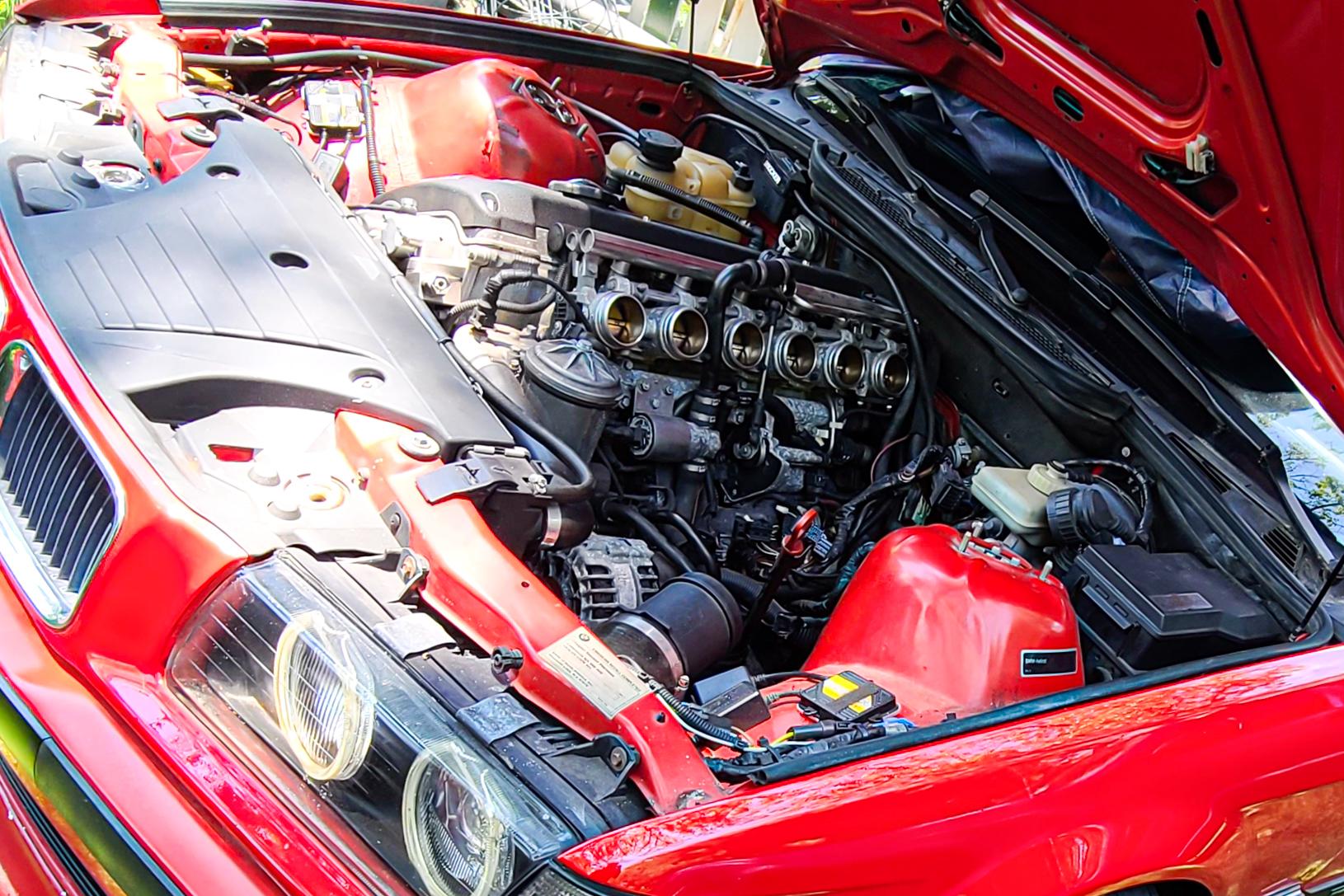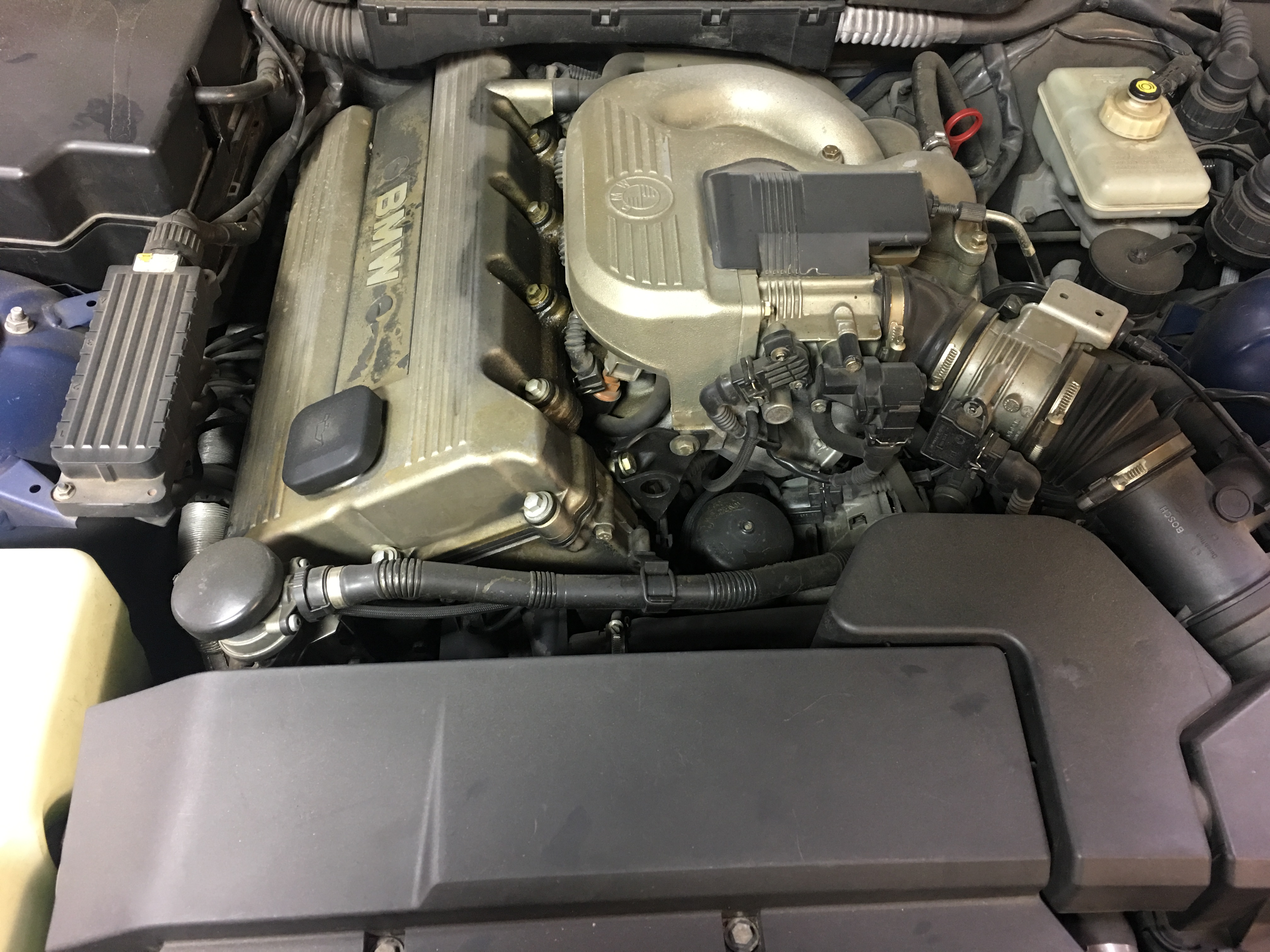Keeping Your BMW 318ti: Essential Tips for Longevity
Keeping Your BMW 318ti: Essential Tips for Longevity
Blog Article
Essential Factors To Consider for Choosing the most effective Engine for Your Requirements
In the realm of choosing the excellent engine to fulfill your requirements, a number of vital variables demand meticulous factor to consider to make certain ideal performance and efficiency. From the nuanced equilibrium between power and performance to the often-overlooked elements of upkeep and service demands, each element plays a critical duty in identifying the most suitable engine for your certain demands.
Power and Efficiency
When evaluating engines for optimal efficiency, it is essential to prioritize both power output and efficiency. Power result gauges the capacity of an engine to create power, which straight influences its efficiency. A high power output is necessary for requiring tasks such as durable applications or high-speed demands. It makes sure that the engine can manage the workload efficiently and efficiently. However, power alone is not enough; effectiveness plays a considerable function in identifying the overall efficiency of an engine. Performance refers to how well the engine converts gas right into usable power. An extra effective engine will supply much better mileage, reduced discharges, and reduced operating costs. Striking the appropriate balance between power output and performance is crucial to choosing an engine that meets your details demands. It is necessary to take into consideration elements such as the intended use of the engine, environmental influence, and long-lasting expense implications when making this choice. By meticulously reviewing both power and performance, you can pick an engine that provides optimum performance and meets your needs efficiently.
Gas Efficiency and Economic Climate
In the realm of engine selection, the consideration of fuel effectiveness and economic situation holds paramount significance. Gas performance describes the engine's capacity to transform gas right into power with marginal waste, directly impacting operating costs and environmental sustainability. bmw 318ti. When selecting an engine, examining its gas economic situation is critical to identify long-lasting cost savings and ecological effect. Engines with higher fuel effectiveness not only lower gas costs however also decrease carbon emissions, adding to a greener procedure.

Compatibility and Application
Thinking about the fuel performance and economic climate of an engine, the following vital aspect to address is its compatibility and application within details operational contexts. Compatibility describes how well the engine incorporates with the overall system or tools it powers. It involves variables such as physical measurements, installing options, electric interfaces, and control systems. Making sure compatibility is necessary to prevent problems such dig this as getting too hot, resonances, or power imbalances (bmw 318ti).
Furthermore, the application of the engine is equally crucial. Various engines are designed for particular objectives, whether it be commercial machinery, marine vessels, cars, or power generators. Understanding the intended application permits the selection of an engine that can deliver the required power outcome, torque, and operational features. A high-revving engine designed for efficiency vehicles would certainly not be ideal for durable building tools that calls for high torque at low rates.
Upkeep and Service Requirements
Maintenance and service needs play a critical role in ensuring the durability and optimal efficiency of an engine. Routine maintenance is important to avoid break downs, extend the life-span of the engine, and preserve its efficiency. When selecting an engine, it is essential to take into consideration the producer's advised maintenance timetable and the accessibility of service centers or qualified professionals.
Aspects such as the frequency of oil changes, filter replacements, and total assessments can considerably affect the engine's performance. Some engines may need more regular servicing based on their design and usage, while others may have longer intervals in between upkeep checks. It is essential to stick to these solution demands to prevent expensive repair work and unforeseen downtime.

Expense and Budget Plan Considerations
When picking an engine for a specific Continued application,Budget restraints typically play a significant function in the decision-making process. When taking into consideration the cost and spending plan implications of picking an engine, it is vital to assess not only the first purchase price however also the lasting expenses connected with upkeep, fuel intake, and potential upgrades or repair services. It is crucial to strike an equilibrium in between the in advance price of the engine and its overall lifecycle expenses to ensure that the picked engine remains economically lasting throughout its operational life expectancy.
Factors such as gas toughness, performance, and reliability can straight impact the overall expense of ownership of an engine. While a more pricey engine might have greater ahead of time prices, it can potentially result in lower upkeep and gas costs over time, therefore offering far better value in the future. In addition, considering the accessibility and expense of spare parts, as well as the convenience of maintenance and service, can help stop unforeseen economic pressure in the future. By very carefully evaluating these expense and spending plan considerations, you can make an enlightened choice that lines up with your financial restraints and operational requirements.
Conclusion

Gas effectiveness refers to the engine's capacity to convert fuel into power pop over to this site with marginal waste, directly affecting operating expenses and ecological sustainability.Factors influencing gas performance include engine style, combustion performance, and total performance optimization. Additionally, choosing the ideal fuel type and grade as suggested by the engine maker can better enhance efficiency and extend engine life expectancy.
Engines with great utility attributes and readily available parts can decrease maintenance expenses and reduce the time the engine is out of operation - bmw 318ti. It is critical to strike an equilibrium in between the ahead of time cost of the engine and its total lifecycle expenses to make certain that the picked engine continues to be financially sustainable throughout its functional life-span
Report this page